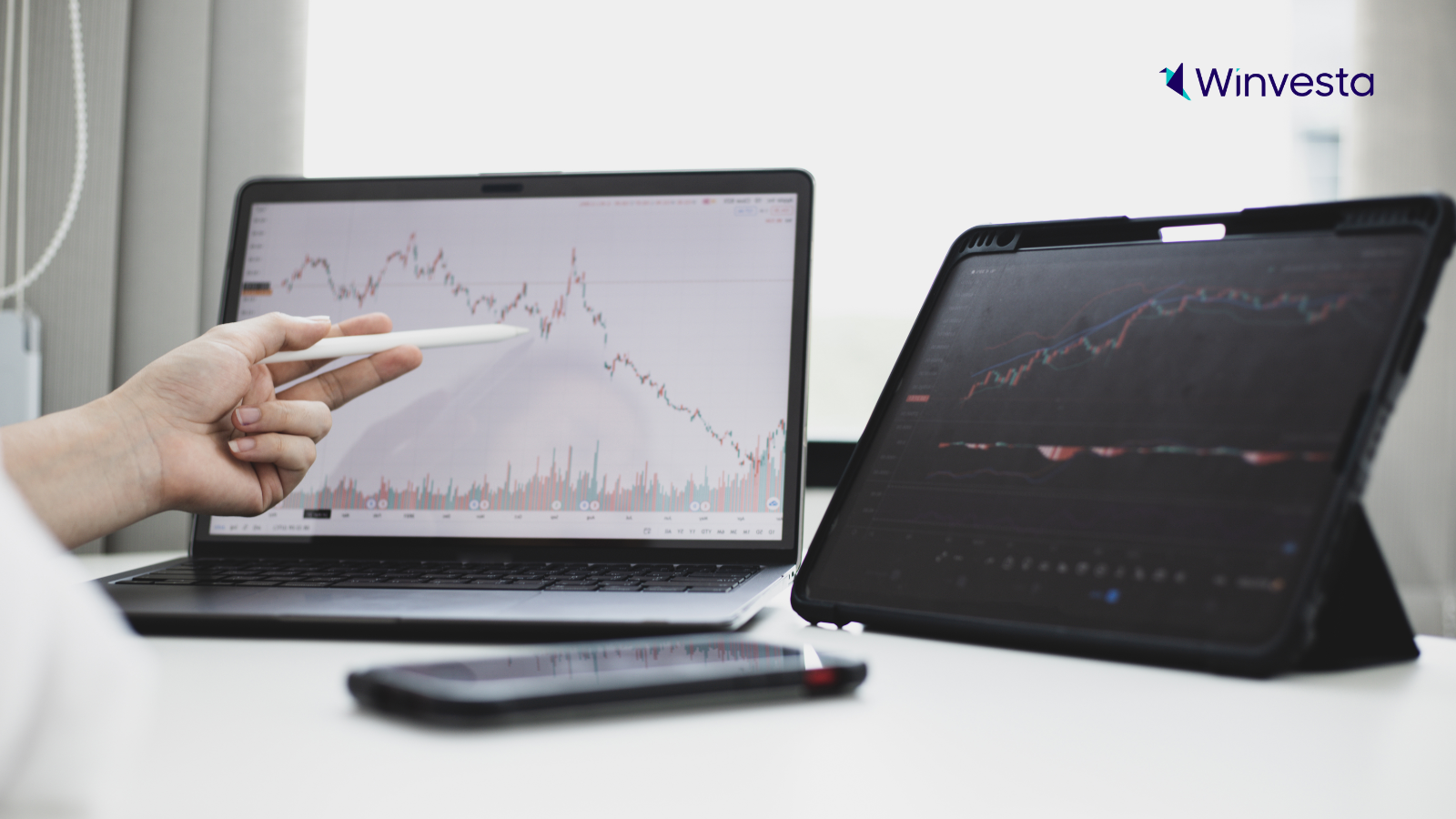Contents
Things To Keep in Mind if You Want To Invest in US Stock Markets
3 minutes read
14 May 2024

The US stock market is one of the top choices to invest in when it comes to diversifying your portfolio across geographies. The country is home to some of the best technology and other wealth-creating businesses that offer great investment opportunities. Moreover, the low correlation between Indian and the US equity markets makes it an appealing prospect.
This article will shed light on a few things you must consider before investing in the US stock market.
Things to Know Before Investing in US Stocks
1. The Liberalized Remittance Scheme
You can invest in the US stock market under the RBI’s Liberalized Remittance Scheme or LRS. The scheme allows every Indian resident to remit up to $250,000 per year. This limit is per individual, including minors, which means that a family of 4 can remit up to USD 1 million per financial year. This quota includes any investments like US securities, real estate, and bank deposits, etc. and all overseas expenses like foreign travel and student education.
2. Geographical Diversification
Geographical diversification offers stability to your portfolio. Over the long-run, markets in developed countries tend to be less volatile than the emerging ones. By investing in the US stock market, you have the opportunity to participate in the global growth story. For instance, if you invest in Alibaba, China’s biggest retailer, you are now a part of the Chinese economic growth. Through ETFs listed in the US market, you can get exposure to wider economies as well. For example, the EWG ETF listed on NYSE invested in some of the largest German companies.
The US stock market also allows you to invest in emerging themes, an option currently unavailable in India. There are no big chip or electric vehicle manufacturers that you can invest in India. However, you could invest in Nvidia or Tesla and make the respective themes a part of your portfolio.
3. Impact of Foreign Exchange
A key factor to consider while investing in the US market is the fluctuation in the exchange rate. In recent years, the Rupee has seen an average decline of 3 to 5 percent against the US dollar. When you invest in US markets, you also invest in the US Dollar and bear the associated risk. When the US Dollar appreciates, it gives an extra boost to your portfolio value and vice versa.
When remitting money for the purpose of investing in the US, your Indian bank may also charge you an FX conversion fee or spread. This can range from 0.5-2% of the amount remitted and depends upon the bank.
4. Taxation
It is important to consider tax implications on your foreign investments to make the efforts worthwhile. India and the US have a Double Tax Avoidance Agreement (DTAA), which prevents taxing the same income twice.
There are two taxes for your investments in the US stock market
-
Dividend Tax:
For a foreign investor, the US stock dividends are taxed at a flat rate of 30%. However, because of the tax treaty between the US and India, the tax rate for Indian residents is 25% (deducted before distribution). The tax paid in the US can however be claimed as Foreign Tax Credit in your domestic filing due to the Double Tax Avoidance Agreement between the US and India.
-
Capital Gains Tax:
There is no capital gains tax on your investments in the US (hooray!). But you are liable to pay tax on the foreign capital gains in India. This falls under two broad categories:
-
-
Long-term capital gain (LTCG)
If you hold the stocks for over 24 months before earning capital gains, you are taxed at 20% plus the applicable fees and other surcharges, with indexation benefits.
-
Short-term capital gain (STCG)
Any profits from investments held less than 24 months are added to your regular taxable income, and standard income-tax rules apply.
-
You must also consider the newly-introduced Tax Credited at Source or TCS. Under the new rules, all the foreign remittances above INR 7L in a fiscal year will incur a 5% TCS. This upfront tax collected can be claimed during the annual tax filing and is not an additional expense.
5. Life Goals
Life goals form an important part of your investment plan. If you intend to study abroad or relocate overseas, your investments should be able to help you achieve such goals. For instance, if you are planning to save up to $50,000 for your child’s foreign education, your investment portfolio should reflect those expectations. This may need to be separate from the diversification goals where you may want exposure to commodities or gold ETFs for example.
6. Other Charges
To invest in the US stocks directly, you need to have a US brokerage account. Unlike in the past, getting a brokerage account is no longer a challenge because of the simple digital process with platforms like Winvesta. Winvesta does not charge you any account opening fees or annual maintenance charges. You can make up to 3 trades a month for zero-commission (10 trades in the first month, to get you started), beyond which it is a small $1 fee per trade.
Many platforms charge as much as $6.99 per trade and have significant joining fees and annual maintenance charges, that can reduce your portfolio performance. One must be aware of such costs before signing up with a platform.
To fund your brokerage account, you will need to remit money from your bank account. There may be transfer and FX conversion charges depending on your bank.
Frequent trading may attract additional charges because of multiple fund transfers and transactions. It will also lead to multiple remittances and currency conversion charges.
Start Investing in US Stocks with Winvesta
Diversifying your investment portfolio across geographies is a great way to generate stable returns and plan for your future. Winvesta enables you to take the first step towards achieving such goals. With 3000+ US securities, a seamless intuitive interface, and strong regulatory compliance, you get the best of everything. Get started today!

Contributed by Swastik Nigam
Our Founder and CEO has been steeped in the world of finance since 2011 working with organisations such as Procter & Gamble, Larson and Toubro and Deustche Bank. Swastik’s love for finance literacy and helping businesses and individuals to make better financial decisions and grow their personal wealth has resulted in many such blog articles, talks, content pieces and social media content. Follow him to learn about the process of building a successful global business and tips on growing your personal wealth.



